People who frequently have nasal congestion know the problem. Nasal sprays don't help, they tend to make the problem worse. A good and effective home remedy can be one Nasal irrigation be.
What is the nasal wash?

With a nasal rinse, the nasal passages are rinsed with a lukewarm saline solution. By rinsing with the saline solution, the mucous membranes swell and are cleaned, the condition of the cilia improves. This promotes the self-healing powers of the nose. Most often, nasal showers are used for this purpose, containers made of glass or plastic with which the nose is rinsed.
The rinsing liquid must contain a certain amount of table salt for a nasal rinse to work. If it contains too little or too much table salt or is only rinsed with water, the nasal mucous membranes become irritated and burn. Appropriate mixtures are available in pharmacies.
Function, effect & goals
Some people find nasal rinsing unsavory, but it is a good home remedy to promote the function of the mucous membranes and to cleanse the nose. Rinsing loosens tough mucus in the nose and transports pathogens to the outside. Many people are also prone to having a nasal congestion, which hinders nasal breathing, for a variety of reasons.
Anyone who uses nasal sprays knows the problem that with prolonged use, the mucous membranes no longer swell because they are addicted to the nasal spray. Also colds, sinus infections, dry nasal mucous membranes and an otitis media as well as allergic colds are among the indications. The nasal rinse causes the nasal mucous membranes to swell and improve their function so that they can better ward off pathogens and foreign bodies.
There are several ways to do a nasal wash: A simple but very effective method is drawing up a saline solution from the cupped hand. To do this, however, you need a good feeling for the right mixture of salt and water. You can mix the liquid yourself in a glass. The saline solution is sucked in from the hand several times and then rinsed out again. Then the nose is blown and feels freer.
If this is uncomfortable, you can also buy a nasal douche. You can buy them in pharmacies. There are also ready-to-use isotonic saline solutions for an optimal saline mixture that does not irritate the nasal mucous membranes. With a nasal douche, the head must also be held above the sink, but tilted to the side. While the fluid flows from one nostril to the other, the mouth remains open. After one side has been rinsed, the process is repeated on the other side. The mouth must always be opened wide enough so that the liquid does not get into the throat. If you use a nasal douche, you have to rinse it well after each use and dry it completely again.
A saline solution for rinsing the nose is easy to make yourself. It takes a little practice to find the right mixture of salt and water, but your nose shows the way. If it burns, the liquid contains too much or too little salt. It doesn't matter whether you use sea salt, Himalayan salt or normal table salt, it just shouldn't contain iodine, fluorine or trickle additives. When rinsing the nose with the nasal douche, the cleaning effect is more intensive, but rinsing by hand is completely sufficient to moisten the mucous membranes with a blocked nose.
You can find your medication here
➔ Medicines for colds and nasal congestionRisks, side effects & dangers
Nasal irrigation is often recommended as a natural and effective preventive measure for keeping the nasal mucous membranes healthy. In Far Eastern yoga teaching, daily nasal rinsing is one of the fixed daily rituals. Modern science also recognizes the positive effects of nasal irrigation.
While nasal irrigation is undoubtedly beneficial for various nasal problems, it should not be overdone. In the case of purulent sinus infections and nosebleeds, nasal rinsing is not advisable.
Experts argue about whether regular nasal rinsing can really prevent infections and whether use over a long period is recommended. The German Lung Foundation is more critical of this and advises against long-term use because, in its opinion, frequent nasal rinses tend to damage the nasal mucous membranes and thereby promote infections rather than prevent them. Some ENT doctors are also skeptical about regular douching. In her opinion, healthy people don't need nasal irrigation. Constant rinsing of the nose causes the natural immune protection of the nasal mucous membranes to be lost and the function of the cilia is impaired, which encourages the penetration of pathogens.
In a two-year study on 68 patients with frequent sinus infections, it was shown that frequent douching actually increased the risk of infections. Participants should continue to rinse their noses regularly in the first year, but not in the second year. After the participants stopped doing rinses in the second year, their risk of infection decreased. Another study on 24 participants also showed a connection between regular nasal rinsing and frequent infections.
As in many things, the dose makes the poison. In the case of a blocked nose and acute infections, nasal rinsing can be beneficial, as well as providing short-term relief in the case of hay fever. However, as the studies have found, they are rather counterproductive as a permanent solution for daily use and therefore not recommended.












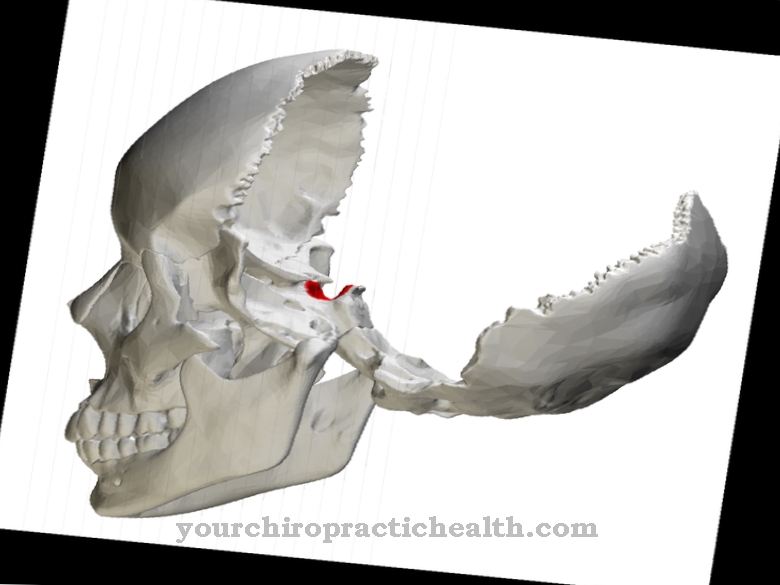



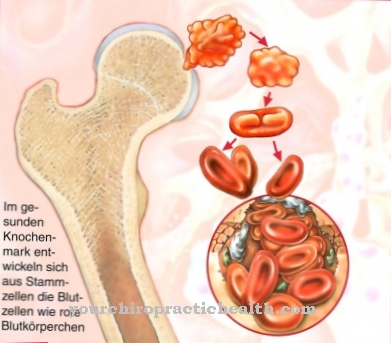


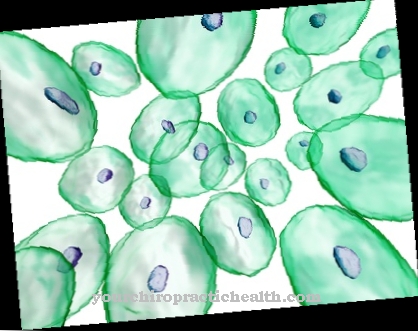
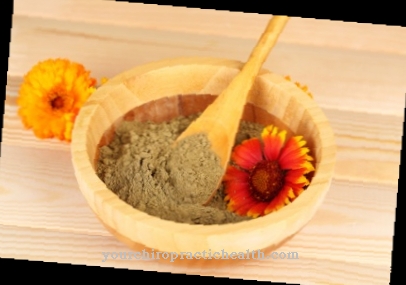
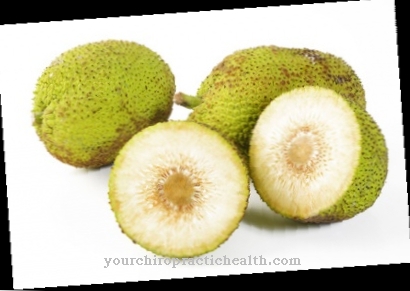

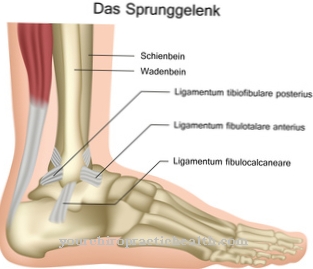

.jpg)

.jpg)
